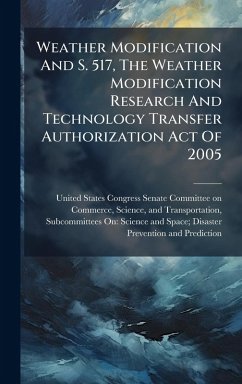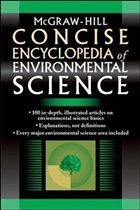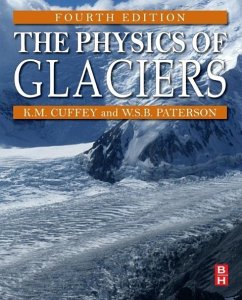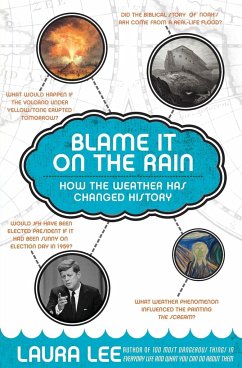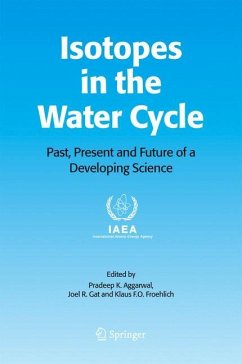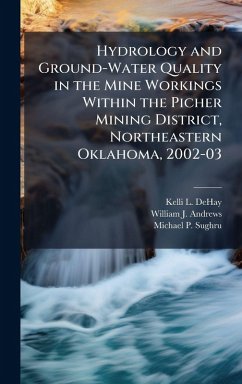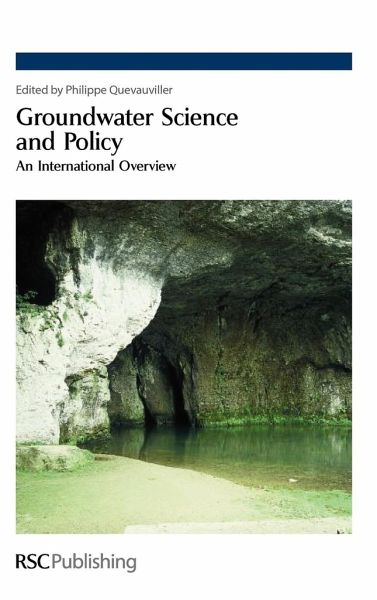
Groundwater Science and Policy
An International Overview
Herausgeber: Quevauviller, Philippe
Versandkostenfrei!
Versandfertig in über 4 Wochen
349,99 €
inkl. MwSt.

PAYBACK Punkte
175 °P sammeln!
Groundwater is a vital link in the hydrological cycle and the importance of its preservation and protection has been recognised in the newly adopted EU Ground Water Directive. This book offers a scientific overview of key findings in groundwater management set in context against the legislative milestones ensuing as a result of research and development activities. Highlighting the close relationship between policy requirements and scientific knowledge, the editor provides up-to-date information on the EU groundwater policy framework complimented with discussions on how integrating R&D activity...
Groundwater is a vital link in the hydrological cycle and the importance of its preservation and protection has been recognised in the newly adopted EU Ground Water Directive. This book offers a scientific overview of key findings in groundwater management set in context against the legislative milestones ensuing as a result of research and development activities. Highlighting the close relationship between policy requirements and scientific knowledge, the editor provides up-to-date information on the EU groundwater policy framework complimented with discussions on how integrating R&D activity and output into policy implementation can be approached. The first of its kind, this book is essentially a unique summary of outstanding research and development projects in the field of groundwater science which allows the reader to draw upon a wealth of knowledge and information from both a scientific and policy driven perspective. Examples of existing research projects contributing to both policy development and implementation are provided and discussed providing a very powerful point of reference for future decision and policy makers. This book will be of exceptional interest to all graduates, researchers and professionals working in the fields of environmental science, conservation science, pollution science, quality assurance and agricultural science.





